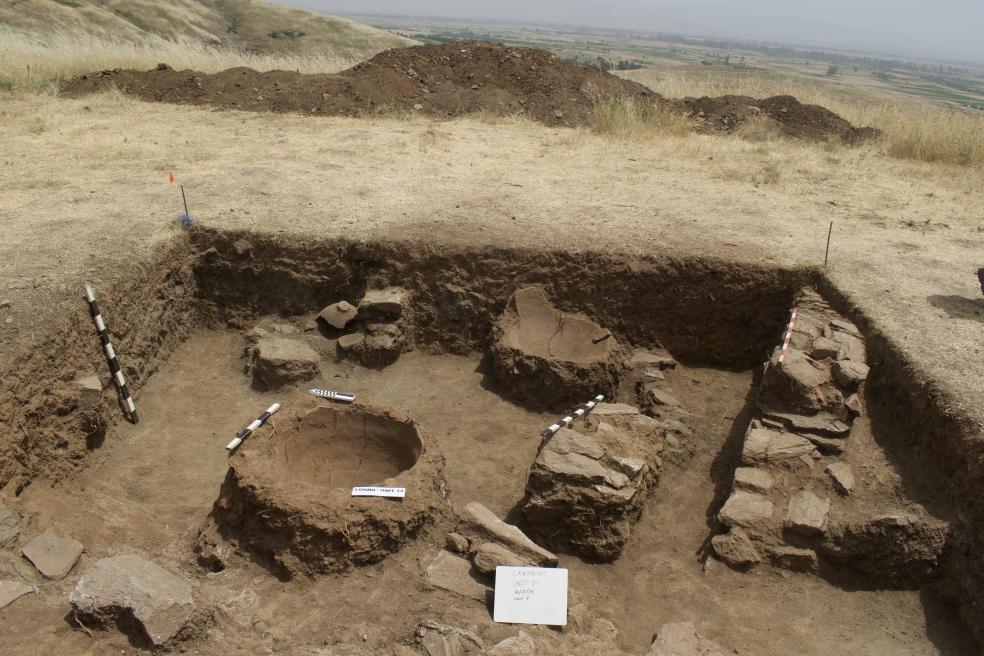
Stunning 2,500-Year-Old Settlement Discovered in North Macedonia
An untouched ancient city is coming to life with striking archaeological discoveries near the village of Crnobuki in the heart of North Macedonia, at Gradishte, revealing that it was much more than a previously assumed military outpost. Recent excavations by an international team from Cal Poly Humboldt and the Institute and Museum of Bitola in Macedonia have shown that this settlement was not only a defensive point against the Roman Empire but also a thriving city with a rich cultural and economic history dating back to 360 BC.
Archaeologist Nick Angeloff stated, “This discovery is very significant,” as excavations uncovered at least seven acres of an acropolis. Numerous artifacts, including stone axes, coins, a clay theater ticket, pottery, game pieces, and textile tools, reveal the vibrant past of this settlement. Angeloff even proposed the hypothesis that this site could be the capital of the lost Kingdom of Lyncestis, an ancient state established in the 7th century BC.
Gradishte’s strategic location was on trade routes leading to Constantinople, making it an important center in the complex networks and power structures of ancient Macedonia. Historical figures like Octavian and Agrippa are believed to have passed through this region while on their way to confront Cleopatra and Mark Antony at the Battle of Actium.
First mentioned in the literature in 1966, this area had largely remained unexplored until modern archaeological techniques, particularly ground-penetrating radar and drone-deployed LIDAR, provided a deeper understanding of the settlement’s size and significance. The discovery of a coin minted during the life of Alexander the Great (325-323 BC) pushes the timeline of the city’s founding even further back, suggesting that human settlement may date back to the Bronze Age (3300-1200 BC).
Engin Nasuh, a curator and consulting archaeologist at the National Institute and Museum-Bitola, emphasized the importance of these findings, stating, “We are just at the beginning of what we can learn about this period. The discoveries not only shed light on North Macedonia’s past but also contribute to a broader understanding of ancient Western civilization.”
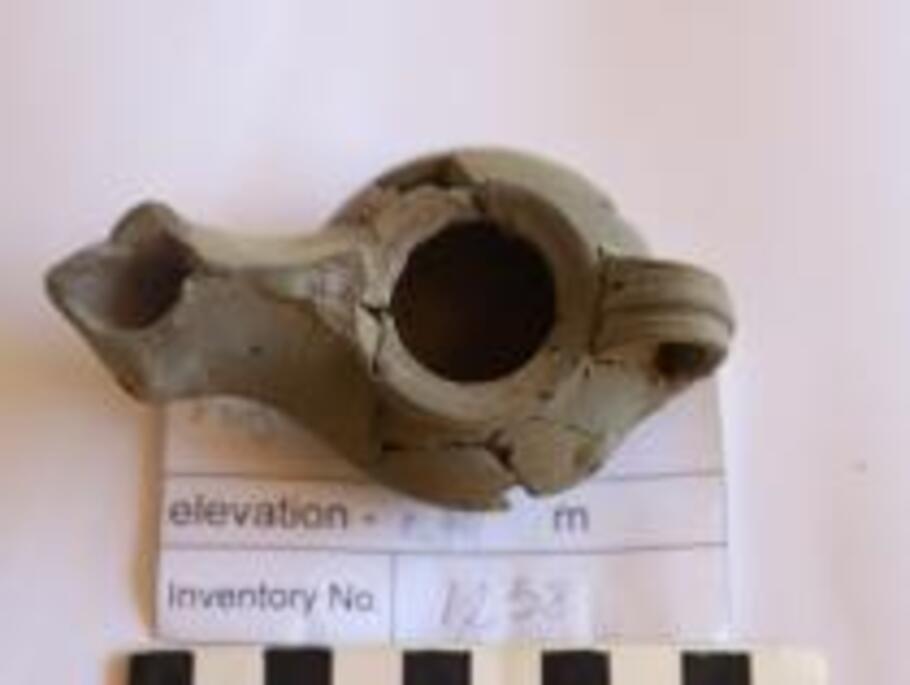
The artifacts uncovered at Gradishte, including coal and bone samples, date from 360 BC to AD 670, indicating a long period of settlement and cultural development. This ancient Macedonian state, one of the oldest modern states in Europe, played a crucial role in shaping the political and cultural landscape of the region.
As excavation work continues, students, faculty, and researchers from both institutions are determined to uncover the entire story of this ancient city. Nasuh likens their efforts to piecing together a grand mosaic, where each new discovery adds a piece to the overall picture of early European civilizations.
“This ongoing work promises to reveal more about the complex networks and vibrant culture of ancient Macedonia,” he concluded. “With each subsequent study, we are getting one step closer to understanding the complexities of our shared history.”
The findings at Gradishte are not only reshaping our understanding of North Macedonia’s historical narrative but also highlighting the interconnectedness of ancient civilizations, providing valuable insights into the development of early European states and their lasting impacts on the world.
Cover Image Credit: Cal Poly Humboldt
You may also like
- Discovery in Romania Reshapes History of Ancient Dacian Presence
- New Study: Climate Change May Have Played a Role in the Fall of the Roman Empire
- The Dazzling Treasure of Kibyra: The Medusa Mosaic Reopens to Visitors
- Stunning 2,500-Year-Old Settlement Discovered in North Macedonia
- The 2000-Year-Old Anisa Tablet Found in Kültepe Shows That Greek Was Spoken in Anatolia at That Time
- Revealing the Hidden Voices: How Digital Tools Uncover the Art of Excerpting in Syriac Manuscripts
- Scientists Claim Ancient Cymbals Found in Oman Prove Bronze Age Social and Cultural Interactions
- Roman Settlement Discovered in Delbrück-Bentfeld, Germania
- Palmyra Ancient City, Severely Damaged in the Syrian Civil War, is Being Revisited
- Restoration Work at Persepolis Resumes
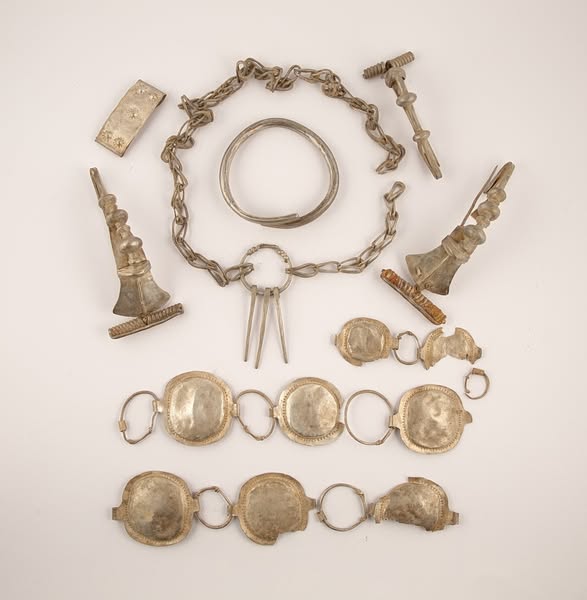

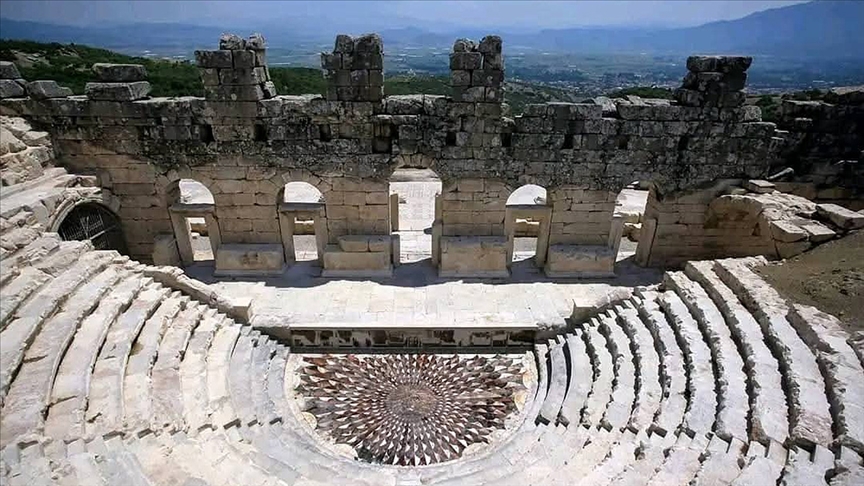
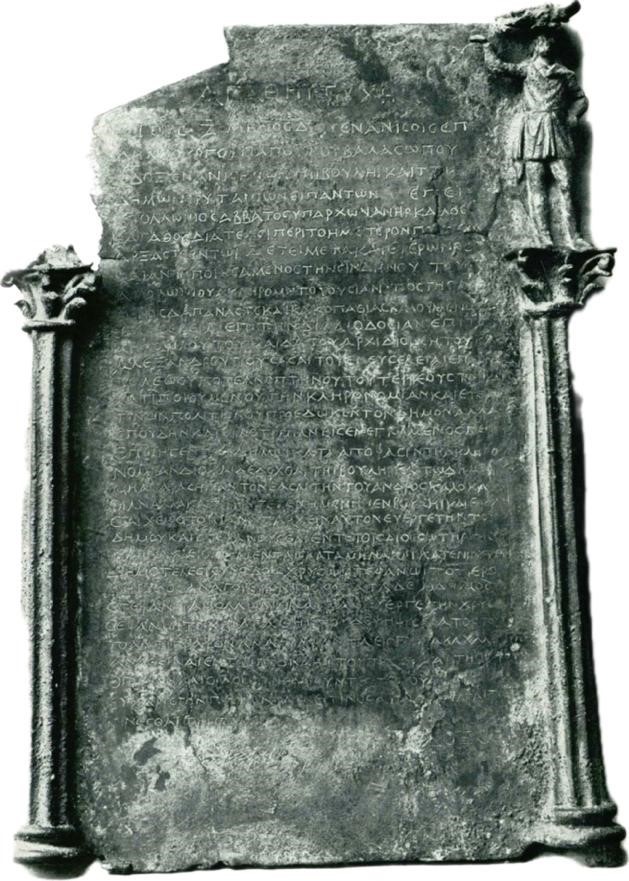
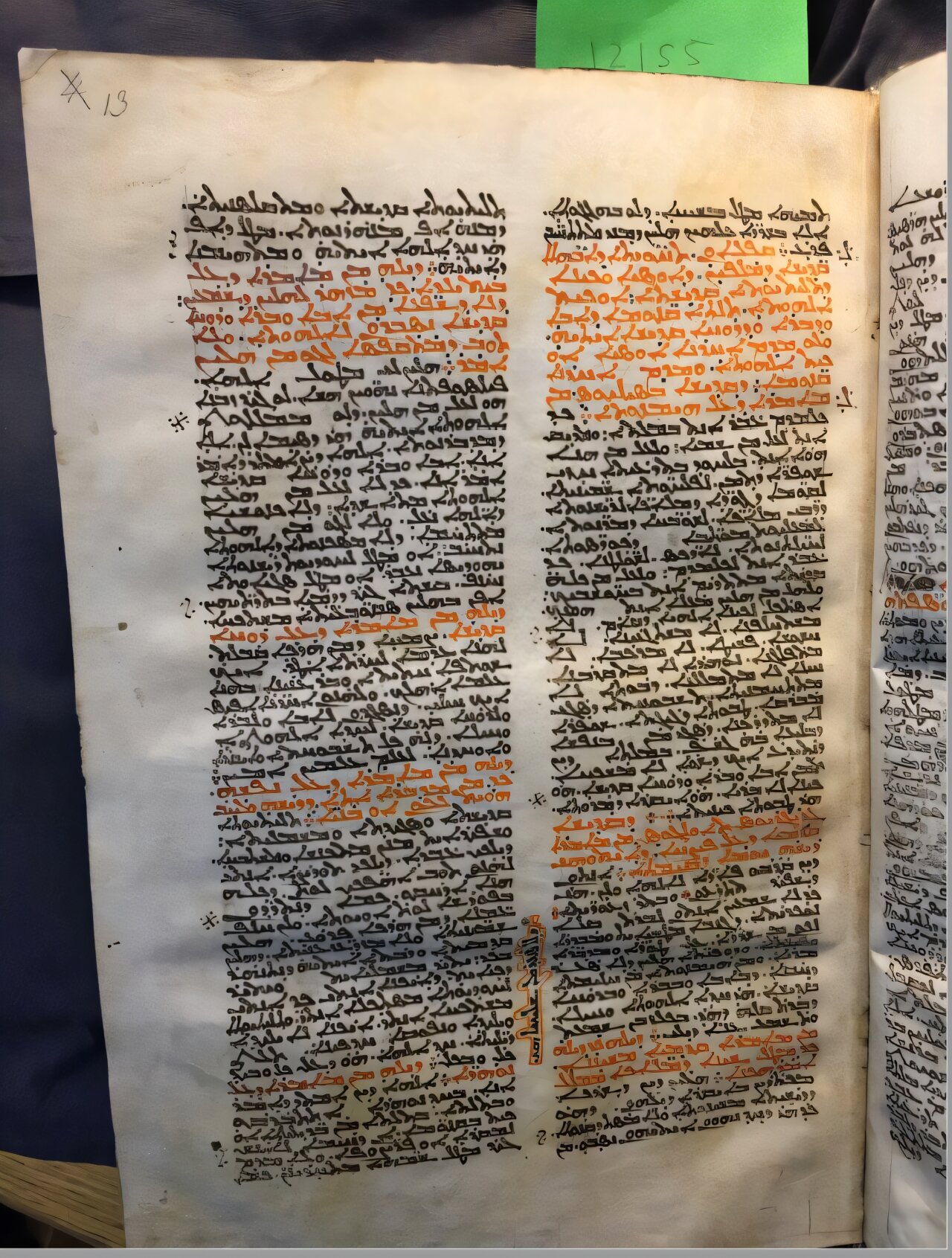
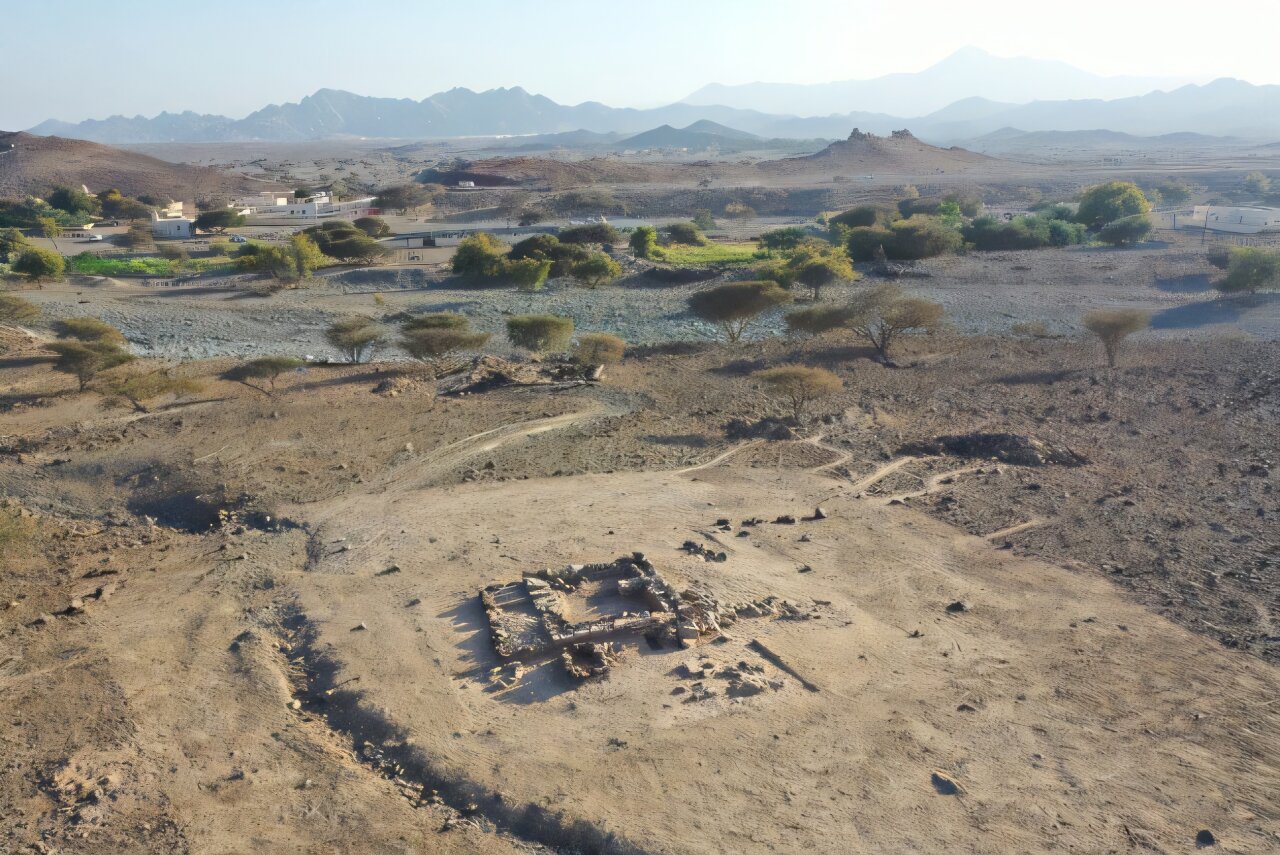
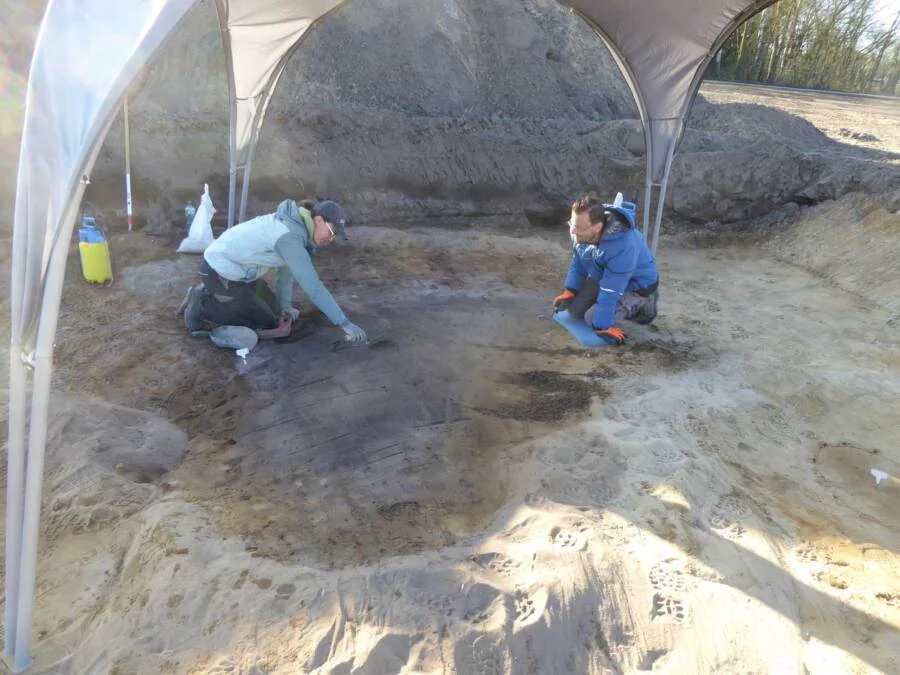
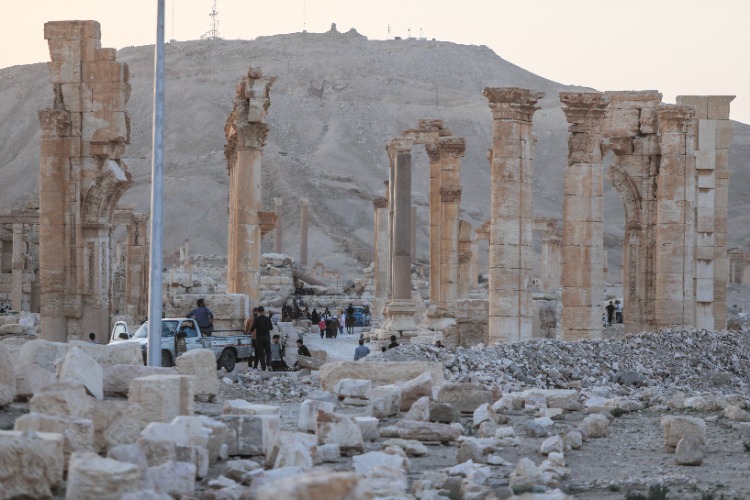
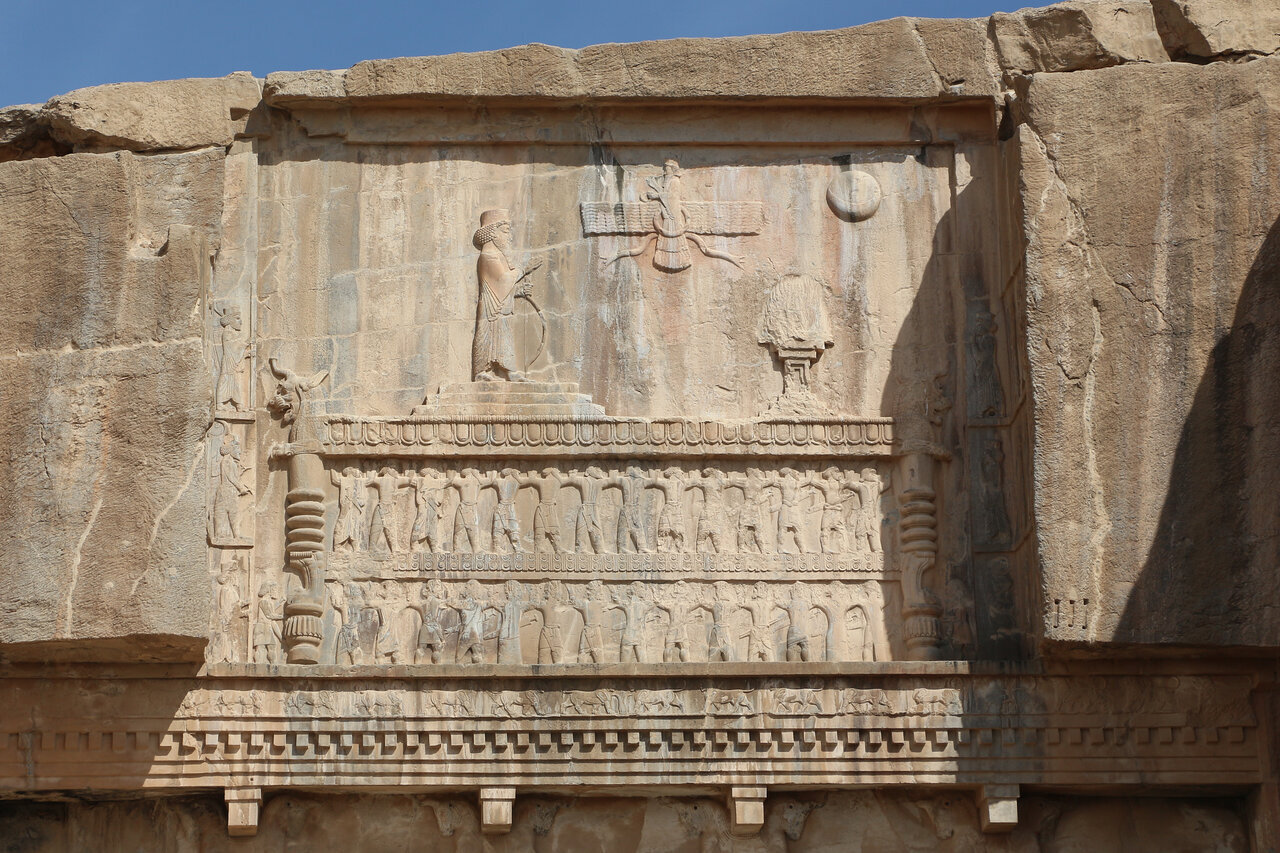
Leave a Reply